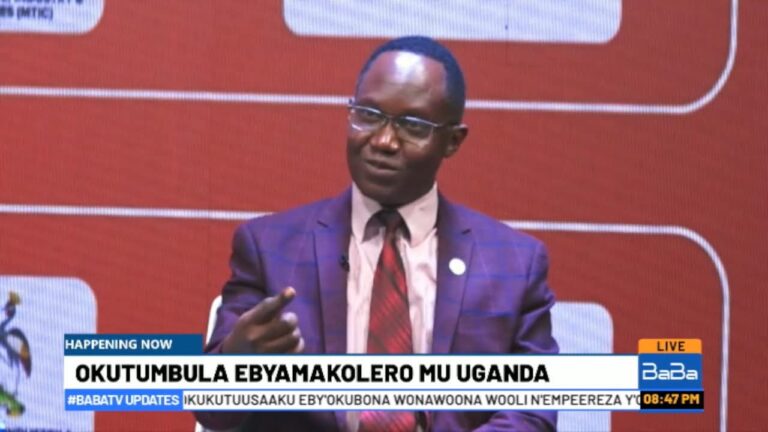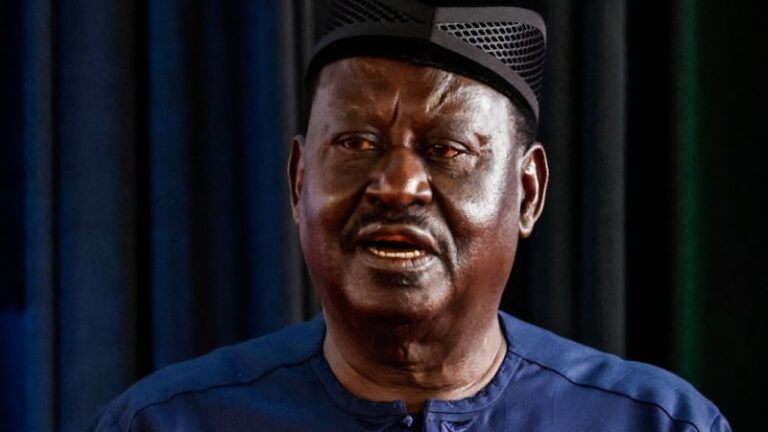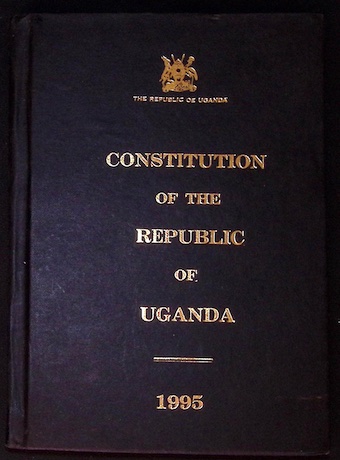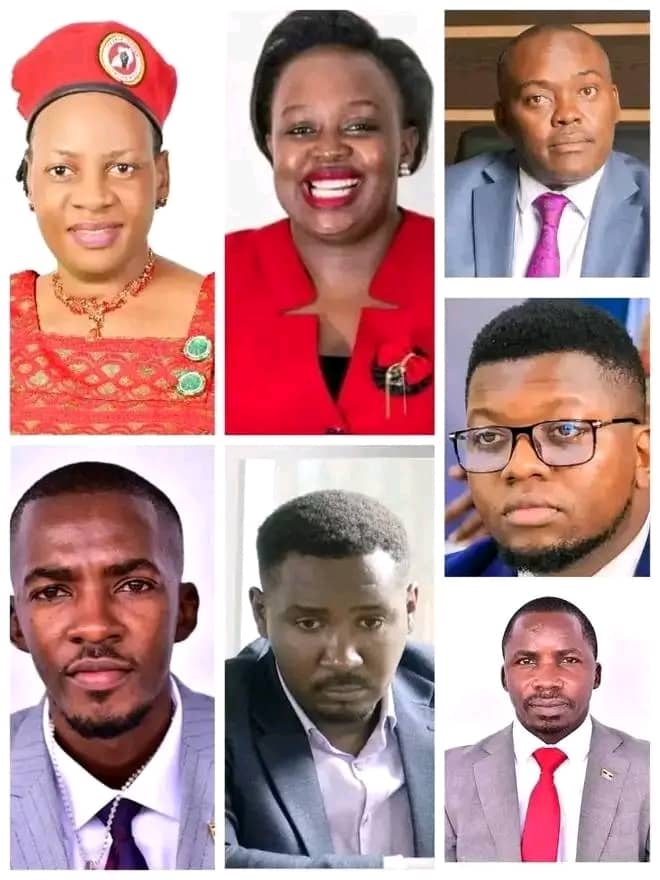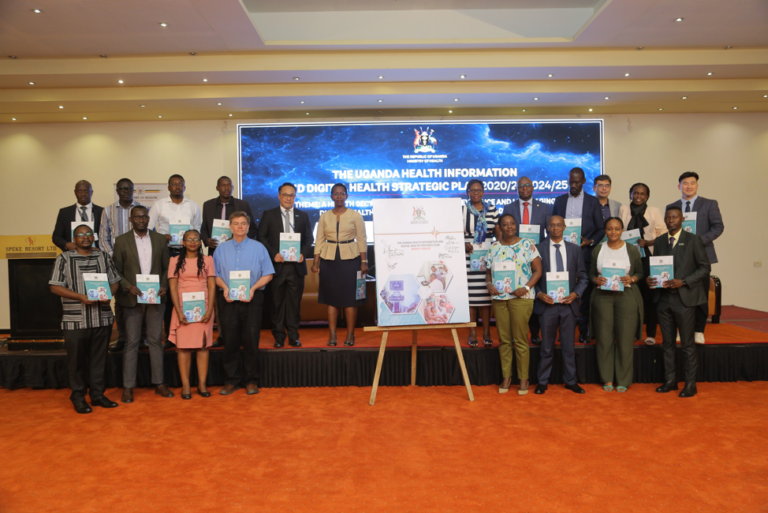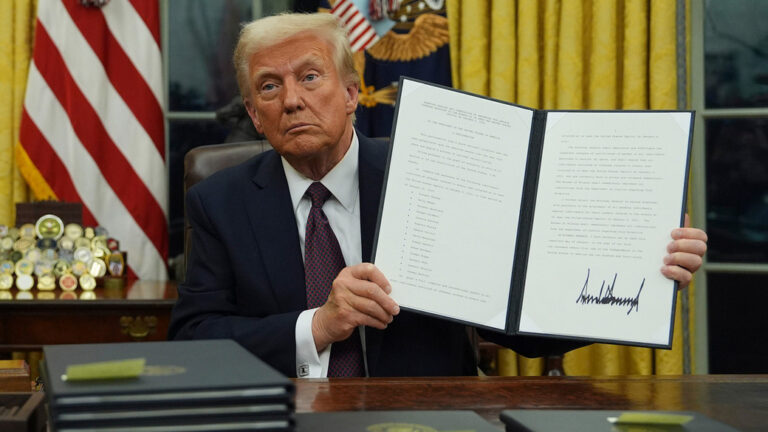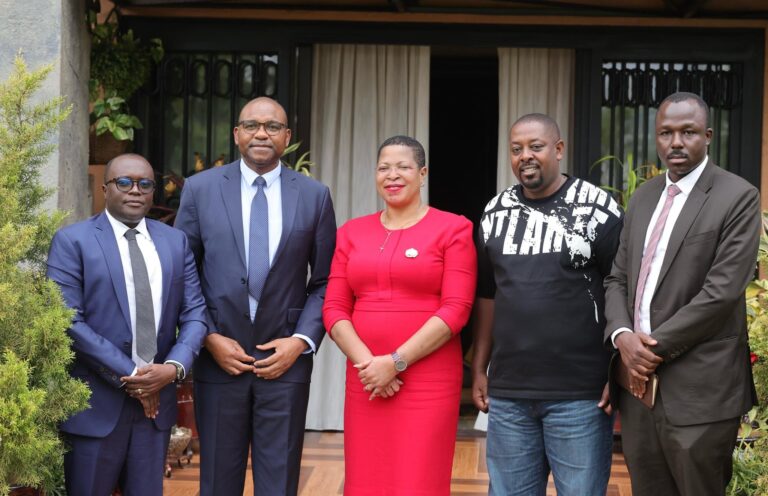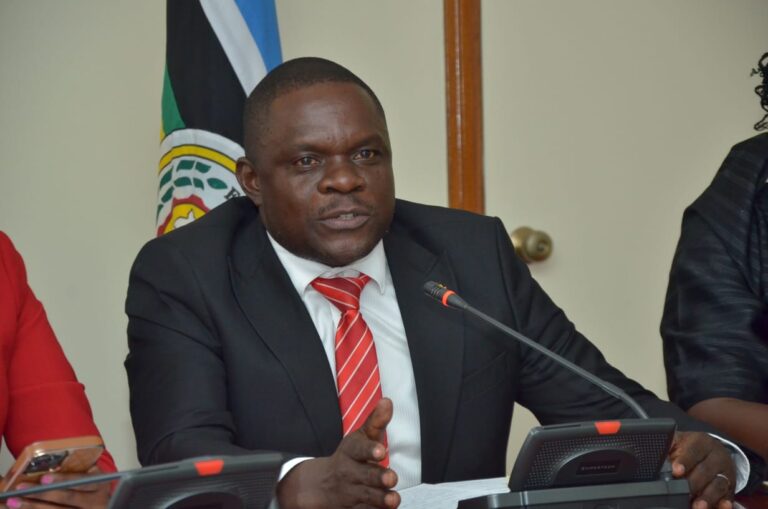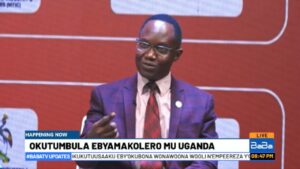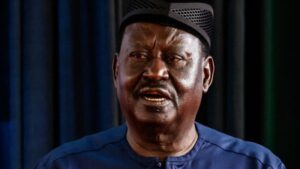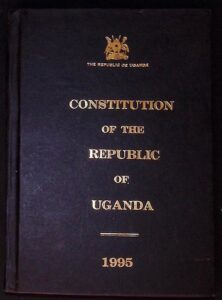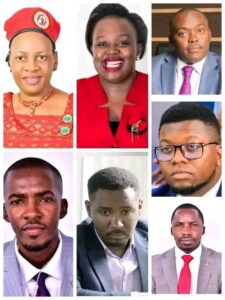s
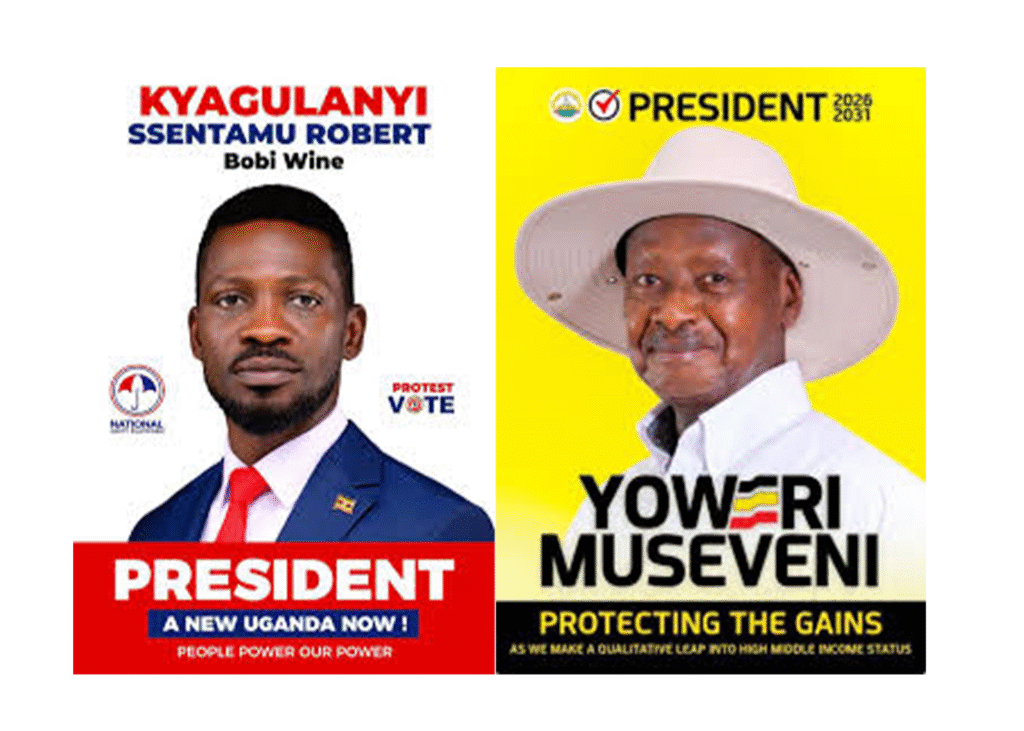
By Bakinyumya Douglas Paapa Ov Uganda
(Political TV Producer & Host – @BDouglasPaapa)
22nd /AUGUST/2025
As Uganda heads toward the 2026 general elections, political rhetoric is once again being sharpened into slogans designed to stir emotions, mobilize support, and define the battle lines. Two of the most striking slogans now dominating the national political conversation are the NRM’s “Protecting the Gains” and the NUP’s “Protest Vote.”
When President Yoweri Museveni’s ruling National Resistance Movement (NRM) unveiled his new campaign portrait emblazoned with the phrase “Protecting the Gains”, the slogan immediately ignited fierce debate. The NRM argues that the gains are self-evident: restoration of peace, relative regional stability, and the transformation of Uganda from a state of collapse in the early 1980s into a functional nation-state with a degree of economic growth and security. To the NRM, this message is about continuity and safeguarding what they frame as hard-earned progress.
Yet critics ask a different question: What gains exactly? Many point to rampant corruption, gross mismanagement of public resources, collapsing health and education systems, poor infrastructure, and persistent human rights abuses. For them, the slogan is less of a rallying call and more of a contradiction—a reminder of unfulfilled promises wrapped in political spin. As some observers sarcastically note, if these are the “gains,” they are not the kind ordinary Ugandans feel in their daily lives.
On the other side of the political divide, the National Unity Platform (NUP), under the leadership of Robert Kyagulanyi Ssentamu (Bobi Wine), has responded with its own counter-slogan: “Protest Vote.” Launched on April 7, 2025, the slogan is not just a political chant but a call to action—an invitation for Ugandans to use the ballot as an instrument of protest, rejecting the ruling establishment peacefully and decisively. Unlike the NRM’s backward-looking slogan, NUP’s framing is forward-looking: an appeal to frustration, dissatisfaction, and the collective yearning for change.
The clash of slogans—“Protecting Gains” versus “Protest Vote”—sets up an interesting question: Do political slogans truly shape electoral outcomes?
History shows that slogans can serve as powerful symbols, simplifying complex political realities into short, memorable phrases that capture public emotion. “No Change” in 1996, “Prosperity for All,” and “People Power” in 2021 all carried immense weight. But slogans alone cannot substitute for substance. They are tools of mobilization, not guarantees of transformation.
In this context, NRM’s slogan appeals to fear of losing stability, while NUP’s appeals to hope for liberation through the ballot. Both are strategic moves, carefully designed to trigger psychological responses. Yet their effectiveness will ultimately depend not on the brilliance of the words themselves, but on the credibility of the leaders behind them and the lived experiences of Ugandans.
As the 2026 elections draw closer, one truth emerges: slogans may electrify rallies, dominate hashtags, and shape public debates, but they cannot mask the realities of governance, poverty, and accountability. In the end, Ugandans will decide not just between slogans, but between the status quo and the promise of change.
By :Bakinyumya Douglas Paapa Ov Uganda (Political TV Producer and TV Host – @BDouglasPaapa


